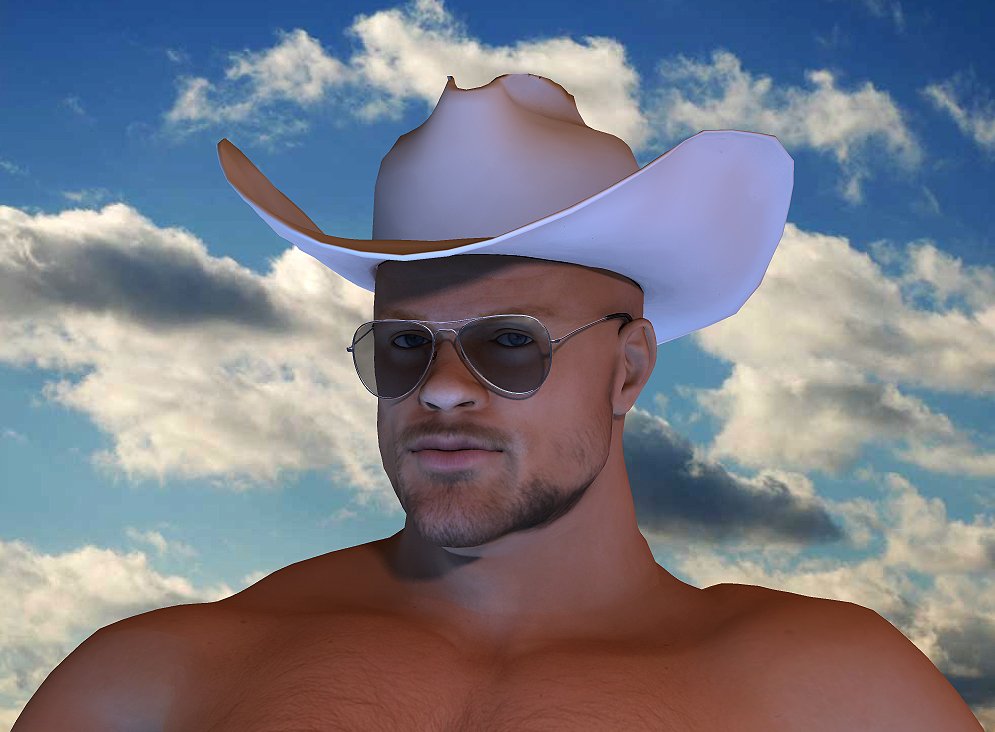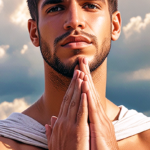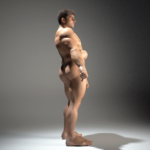The concept of manhood has undergone significant transformations throughout human history, shaped by various societal, cultural, and historical factors. In ancient civilizations, such as Mesopotamia and Egypt, manhood was often closely linked to strength, power, and the capacity to protect. Societal expectations dictated that men were warriors, protectors, and providers.
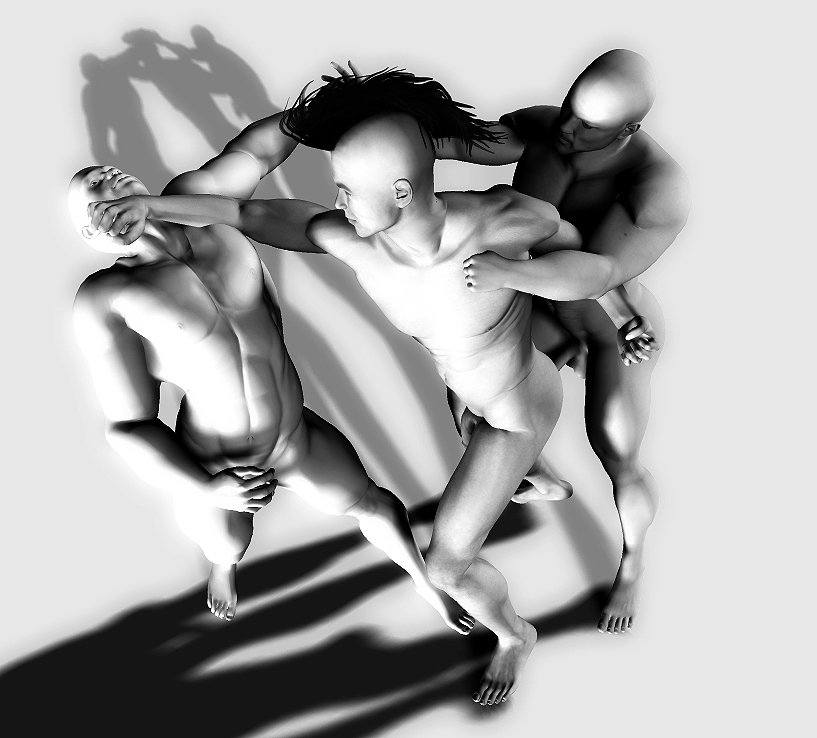 Notable historical figures, such as Greek philosophers, proposed ideals of masculinity that emphasized virtues such as wisdom, courage, and temperance. Plato and Aristotle, among others, explored the philosophical underpinnings of manhood that transcended physical prowess, extending into the realms of intellect and moral integrity.
Notable historical figures, such as Greek philosophers, proposed ideals of masculinity that emphasized virtues such as wisdom, courage, and temperance. Plato and Aristotle, among others, explored the philosophical underpinnings of manhood that transcended physical prowess, extending into the realms of intellect and moral integrity.
As societies evolved, so too did the definitions of manhood. The Middle Ages introduced a unique framework through the chivalric code, which commanded knights to embody honor, bravery, and loyalty. This period propagated a romanticized notion of masculinity that elevated ideals of noble conduct and valor in battle. Religion also played a central role in shaping manhood, dictating values and expected behaviors for men. In many cultures, the divine masculine was celebrated through various rituals and narratives, reinforcing specific expectations regarding masculinity.
The Enlightenment brought forth a shift in understanding, with the rise of individualism challenging traditional roles. Intellectual movements prompted discussions about gender equality, encouraging a reexamination of what it meant to be a man. The modern era has seen further diversification of manhood definitions, often influenced by political movements and social changes. Warfare, too, left an indelible mark on concepts of masculinity; the valorization of soldiers and the heroism associated with war contributed to societal ideals. Across cultures and epochs, the definition of manhood remains fluid, continually adapting to the evolving landscape of human experience.
Cultural Constructs of Masculinity
The concept of masculinity is deeply intertwined with the cultural fabric of societies across the globe. Various cultures have constructed distinctive views of manhood, shaped by historical circumstances, social structures, and spiritual beliefs. In indigenous societies, masculinity often encompasses attributes such as strength, bravery, and a profound connection to nature. Men in these communities are frequently tasked with hunting, protecting, and providing, roles that are celebrated through rituals and ceremonies designed to honor their contributions and establish their place in the community.
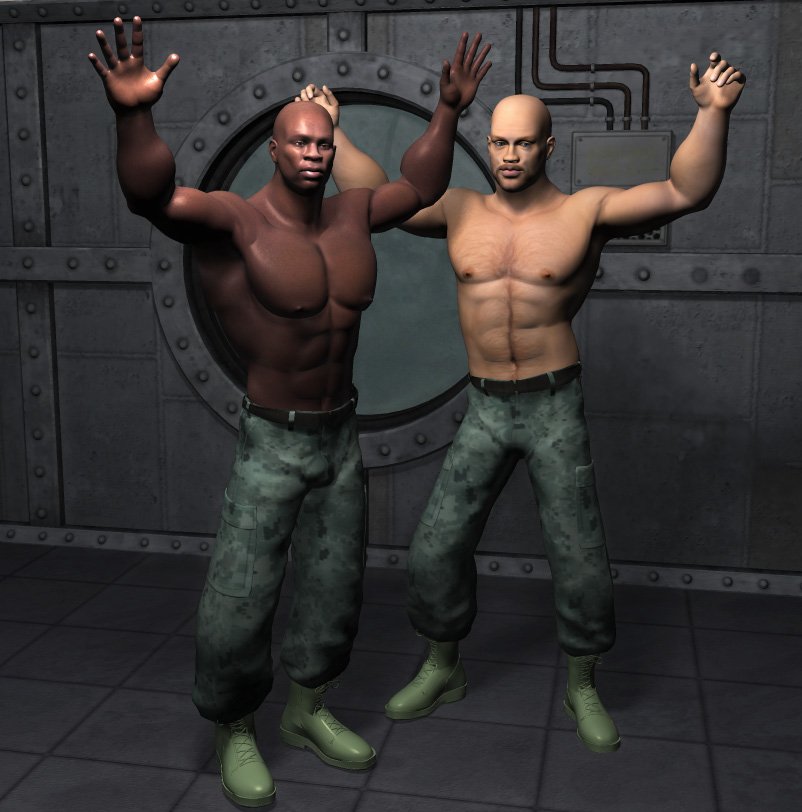 In contrast, Eastern philosophies, such as Confucianism, emphasize moral integrity, filial piety, and the importance of family. Here, masculinity is intertwined with virtues, where a man’s worth is often defined by his role as a patriarch and leader within the family. Similarly, in many parts of Asia, the ideal male embodies qualities such as wisdom and harmony, reflecting a balance between strength and gentleness. Cultural narratives driven by art, literature, and folklore serve as vehicles through which these ideals are transmitted, reinforcing societal norms and expectations of manhood.
In contrast, Eastern philosophies, such as Confucianism, emphasize moral integrity, filial piety, and the importance of family. Here, masculinity is intertwined with virtues, where a man’s worth is often defined by his role as a patriarch and leader within the family. Similarly, in many parts of Asia, the ideal male embodies qualities such as wisdom and harmony, reflecting a balance between strength and gentleness. Cultural narratives driven by art, literature, and folklore serve as vehicles through which these ideals are transmitted, reinforcing societal norms and expectations of manhood.
Western traditions also offer a complex view of masculinity that has evolved significantly over centuries. From the chivalric ideals of the medieval period to the rugged individualism prevalent in the American frontier, masculinity has consistently been defined by cultural achievements and heroic tales. Literature and art have played pivotal roles by glorifying certain male figures and archetypes, profoundly influencing the expectations placed upon men. More recently, the rise of gender studies has prompted a re-examination of traditional masculinity, leading to a more nuanced understanding of the roles that men play in postmodern society.
Through these lenses, masculinity is not a static construct but rather a fluid concept that adapts as societies evolve. As cultural narratives around manhood continue to shift, they reflect broader changes in social values, indicating an ongoing dialogue about identity, responsibility, and gender roles across the globe.
The Impact of Modern Societal Changes
Contemporary societal changes have significantly influenced the traditional definitions of manhood, creating a dynamic landscape in which masculinity is continuously re-negotiated. The emergence of movements such as feminism and LGBTQ+ rights has challenged rigid notions of what it means to be a man. These social movements advocate for the dismantling of stereotypes that restrict gender roles, allowing for a more inclusive understanding of masculinity that encompasses a spectrum of identities and experiences.
The feminist movement has played a pivotal role in questioning traditional power dynamics, urging society to recognize the value of emotional expression and vulnerability in men. As these movements gain momentum, they encourage men to engage in self-reflection, ultimately allowing for a broader and healthier conception of masculinity. In this context, men are increasingly urged to embrace traits historically associated with femininity, such as empathy and nurturing, effectively reshaping the conversation around gender and power.
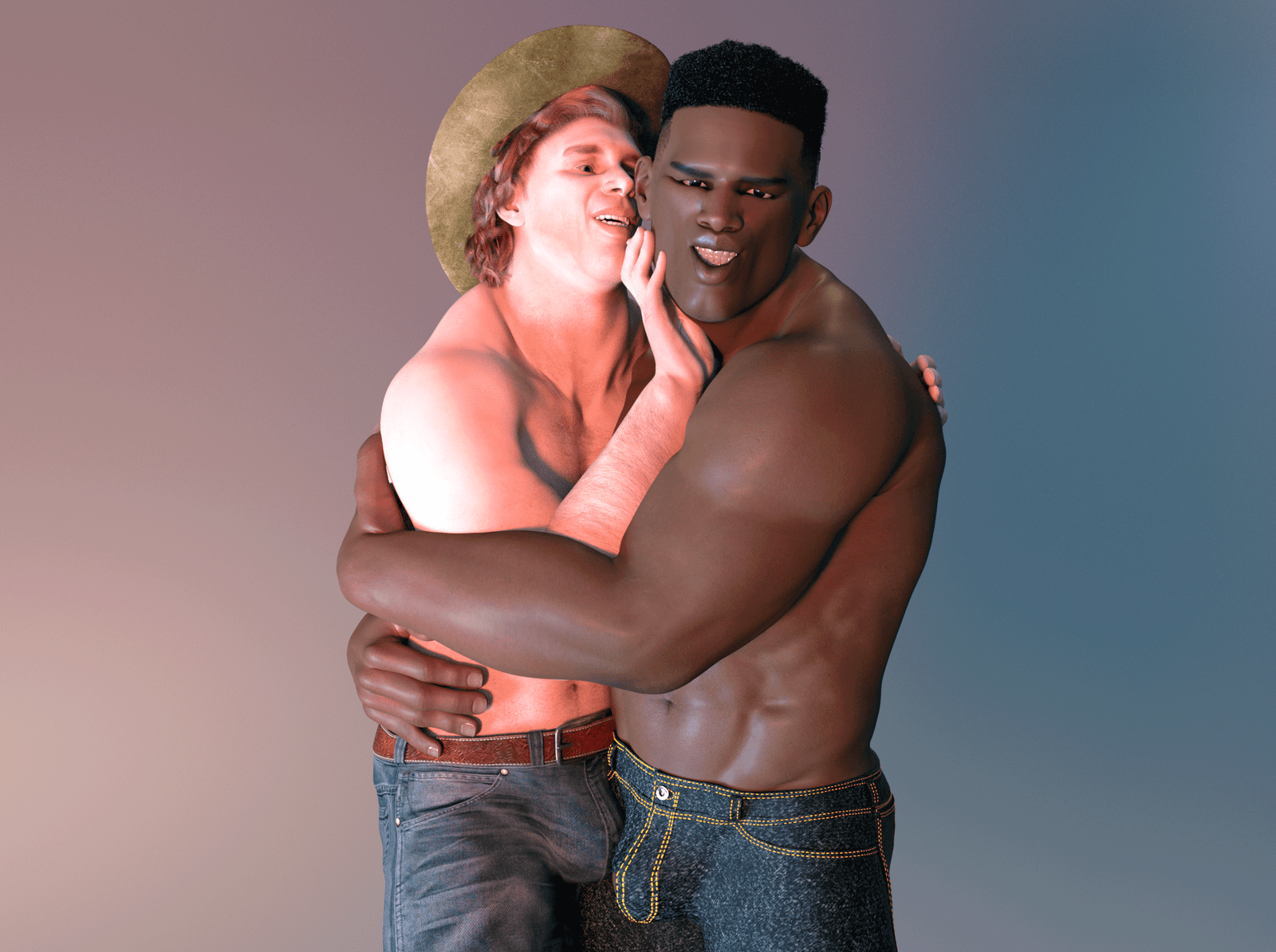 Moreover, the rise of the LGBTQ+ movement has further challenged conventional masculinity by introducing new narratives that celebrate diverse expressions of identity. As societal acceptance of varied sexual orientations and gender identities grows, men who embody non-traditional masculinity are finding greater acceptance and visibility. This shift has led to the concept of ‘new masculinity,’ which promotes a fluid understanding of gender roles, allowing men to navigate their identities without the constraints of historical expectations.
Moreover, the rise of the LGBTQ+ movement has further challenged conventional masculinity by introducing new narratives that celebrate diverse expressions of identity. As societal acceptance of varied sexual orientations and gender identities grows, men who embody non-traditional masculinity are finding greater acceptance and visibility. This shift has led to the concept of ‘new masculinity,’ which promotes a fluid understanding of gender roles, allowing men to navigate their identities without the constraints of historical expectations.
Additionally, the changing economic landscape has also made its mark on masculinity. Economic challenges, such as job displacement and evolving labor markets, have necessitated a reassessment of traditional roles, as many men find themselves in positions that do not align with historical expectations of male provider status. This situation has opened dialogues around mental health, emphasizing the importance of emotional well-being in conversations about manhood.
In conclusion, the influences of contemporary societal changes continue to redefine manhood. Traditional notions of masculinity are being reevaluated and reshaped in response to dynamic social movements, economic shifts, and the growing recognition of mental health issues. By embracing new definitions of masculinity that promote inclusivity and emotional expression, society is paving the way for healthier gender identities.
Navigating Masculinity in Today’s World
In contemporary society, the understanding of masculinity has evolved significantly, influenced by an array of historical and cultural contexts. Men today are increasingly tasked with redefining their identities amidst a backdrop of traditional expectations and modern realities. The journey of navigating masculinity often entails facing both challenges and opportunities that arise from shifting societal norms, particularly within families, workplaces, and communities.
One notable challenge men encounter is the pressure to conform to outdated stereotypes that equate masculinity with toughness, emotional restraint, and dominance. Many men struggle with these antiquated notions, which may conflict with their desire for emotional expression and vulnerability. The ongoing dialogue surrounding mental health has sparked awareness about the importance of emotional well-being, prompting some men to challenge these traditional definitions of manhood. Personal anecdotes from various individuals illustrate this struggle: for example, a father might share his journey towards embracing fatherhood with emotional openness, reflecting how shifting roles affect family dynamics.
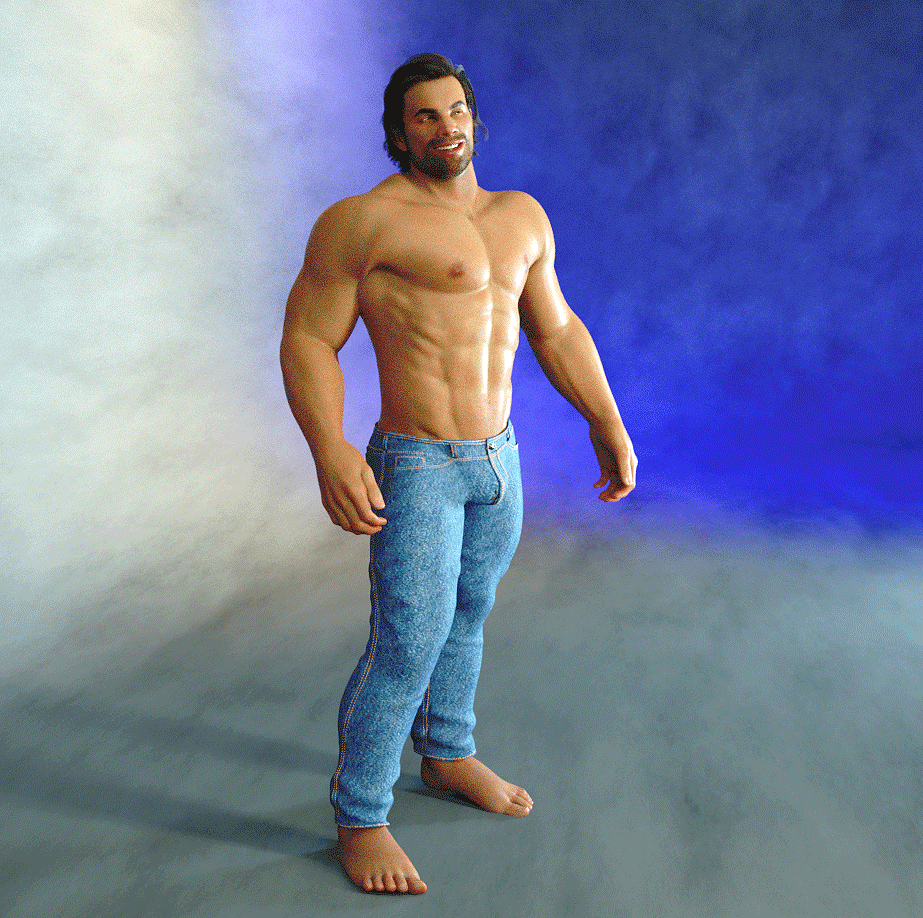 Opportunities also arise as men seek to embrace a broader spectrum of masculine identities. Progressive workplaces increasingly recognize the value of diversity, encouraging men to adopt collaborative leadership styles rather than authoritative ones. This evolution is further evidenced by case studies showcasing male employees who advocate for work-life balance by taking paternity leave and championing caregiving roles. By embracing such changes, they not only redefine their own roles but also cultivate more inclusive environments, positively impacting both colleagues and family members.
Opportunities also arise as men seek to embrace a broader spectrum of masculine identities. Progressive workplaces increasingly recognize the value of diversity, encouraging men to adopt collaborative leadership styles rather than authoritative ones. This evolution is further evidenced by case studies showcasing male employees who advocate for work-life balance by taking paternity leave and championing caregiving roles. By embracing such changes, they not only redefine their own roles but also cultivate more inclusive environments, positively impacting both colleagues and family members.
In engaging with these complex narratives, it becomes evident that the evolution of masculinity is not just a personal endeavor but also a collective process that champions diverse expressions of manhood in the modern world. By openly discussing and celebrating these shifts, society can foster an inclusive atmosphere that supports a redefined, multifaceted understanding of what it means to be a man today.

